Introduction
If you’ve ever wrestled with a leaky green bin or opened a compost pile to find bugs you didn’t invite—you're not alone.
While composting is an excellent way to reduce food waste, it’s not always practical for every home. Whether it's pests, limited space, harsh weather, or the all-too-familiar smell, many homeowners are searching for easier, cleaner alternatives.
That’s where this blog comes in. We're exploring why some households need compost bin alternatives, what those options look like, and how they can benefit both your garden and the planet.
Why Would a Homeowner Need a Compost Bin Alternative?
Compost Bins Attract Pests
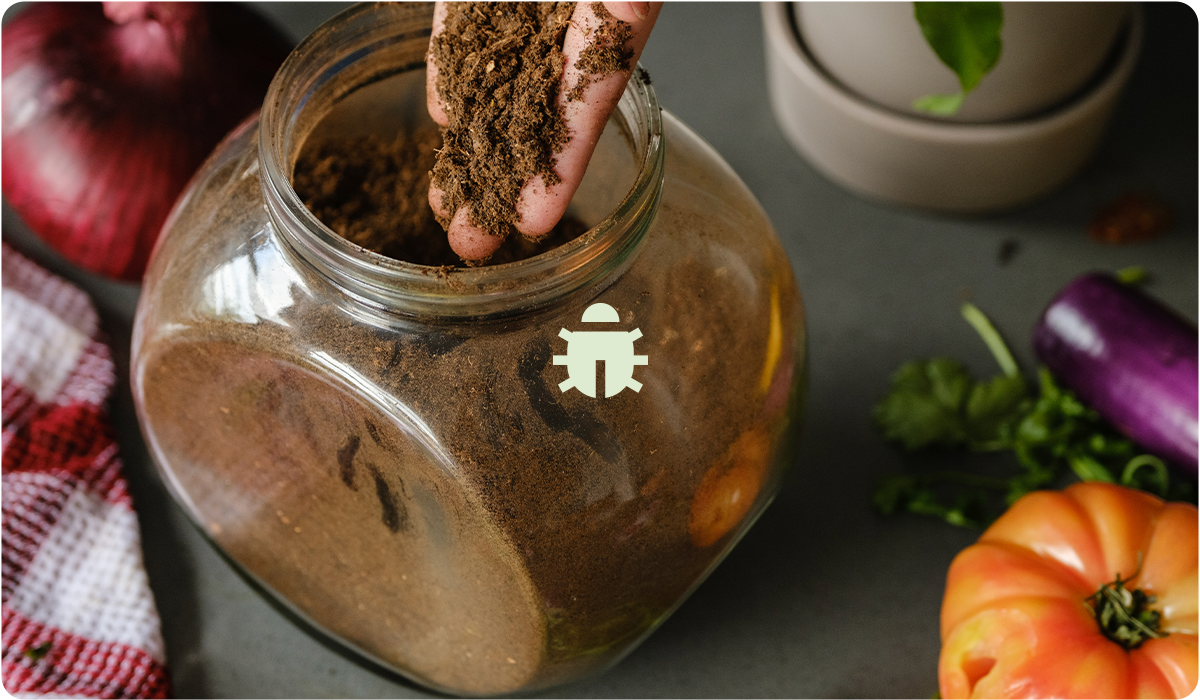
If you’ve ever lifted the lid on your compost bin and spotted a few too many bugs - or worse, found paw prints or scratch marks nearby - you’re not imagining things. Compost bins can attract a wide range of pests, from tiny fruit flies and maggots to raccoons, skunks, and even bears in certain areas.
These critters are drawn in by the smell of decomposing food, especially if your compost contains meat or dairy. And once they find a reliable source, they tend to return. For many homeowners, this makes composting feel more like pest control than waste reduction.
A contained, indoor compost bin alternative like the FoodCycler® can help reduce these issues by processing food waste cleanly, quickly, and securely inside your home.
Creating Soil Amendment for Your Garden
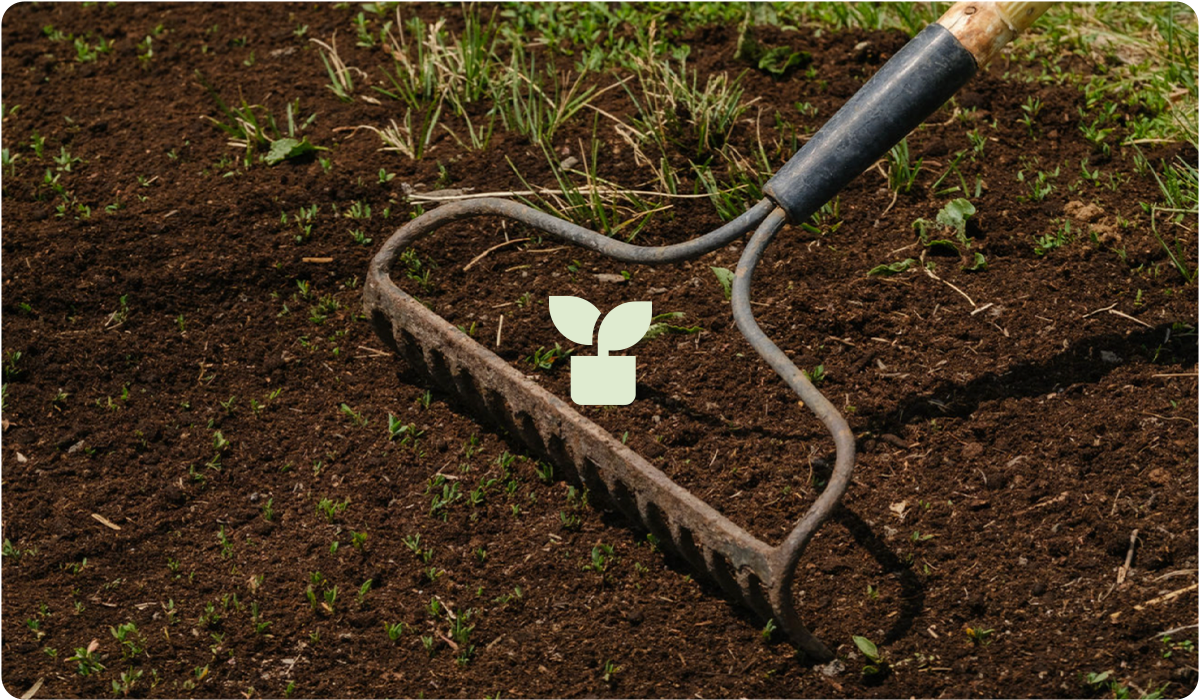
At first glance, compost bins seem like a perfect solution: they separate your food scraps from the trash and keep them out of the landfill. But here’s the catch: most compost bins don’t actually finish the job. In many cases, once your green bin is full, the contents are hauled away and broken down at a municipal facility (if your area has one). That means you're relying on someone else to turn your food waste into something useful, which could take months, or not happen at all.
Compost bin alternatives, on the other hand, do more than just store your scraps. Take the FoodCycler, for example. It transforms food waste into a dry, nutrient-rich soil amendment you can use in your garden. In just a few hours, you get a ready-to-use material that’s perfect for mixing into soil - no waiting, no hauling, and no question about what happens next.For homeowners, this can make a big difference. You save money by not buying compost or fertilizer repeatedly, and you make use of something that may end up being thrown away to landfill. It’s an easy way to cut down on waste, save money, and see the benefits of your food scraps in your garden.
Compost Bins Can Smell - A Lot
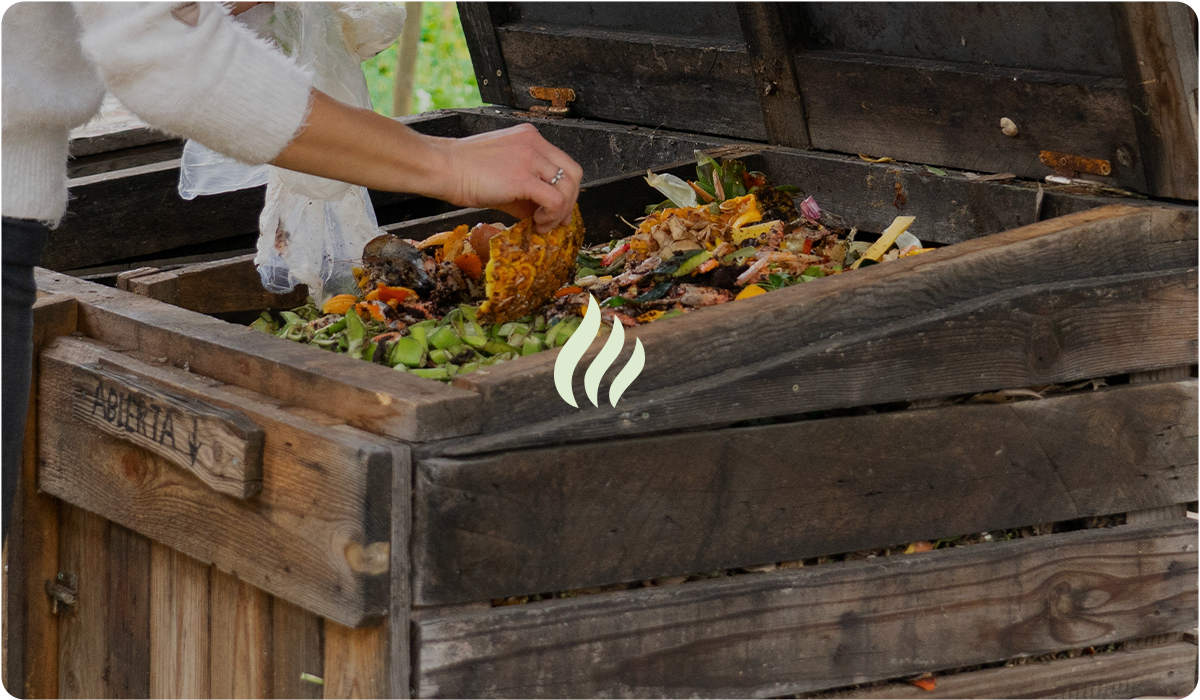
Let’s face it: even the best-managed compost bins can develop unpleasant odors. That’s because composting is a slow, moist process often lacking proper airflow. The combination of heat, moisture, and food scraps creates the perfect storm for rancid smells, mold, and mildew.
Electric food waste recycling machines like the FoodCycler are designed to tackle this issue head-on. By drying and grinding food scraps in a sealed, indoor system, they dramatically reduce the moisture and bacteria that cause odors.
Reducing What Ends Up in Landfills
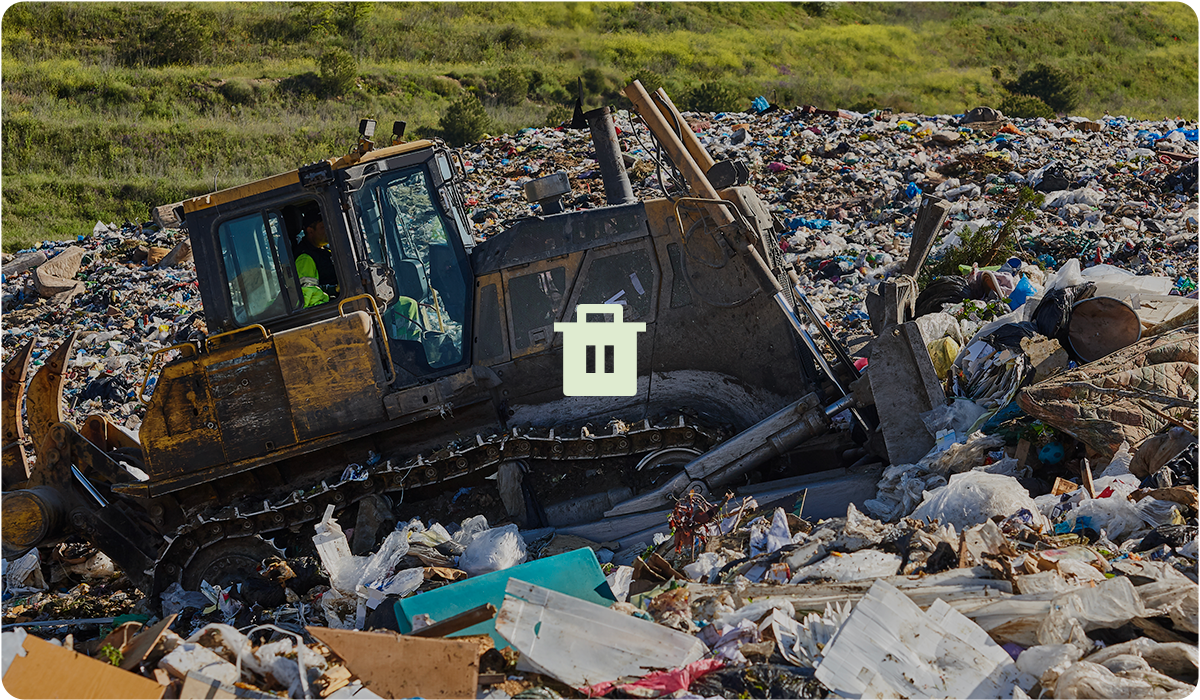
Every bit of food waste that ends up in landfill contributes to methane emissions, a powerful greenhouse gas. Traditional composting helps, but it’s not always accessible or effective.
That’s where compost bin alternatives really shine. By processing food scraps right at home into a stable, soil-friendly product, they give your waste a second life, without relying on curbside pickup or external processing facilities.
What Is a Compost Alternative?
Before we dive into alternatives, let’s take a moment to understand the basics.
Composting is the natural breakdown of organic materials like food scraps into a nutrient-rich material that helps soil thrive. It relies on oxygen, moisture, and a mix of carbon- and nitrogen-rich materials (think: veggie peels + coffee grounds + dry leaves). Microorganisms do the heavy lifting, turning your scraps into what gardeners call “black gold.”
But composting isn’t the only way to create healthy soil inputs.
Compost alternatives are other methods and materials that achieve similar results, improving soil health, without relying on traditional composting. These might use different processes, tools, or technologies, but they all share the same goal: turning food waste into something good for your garden and the planet.
Some examples include:
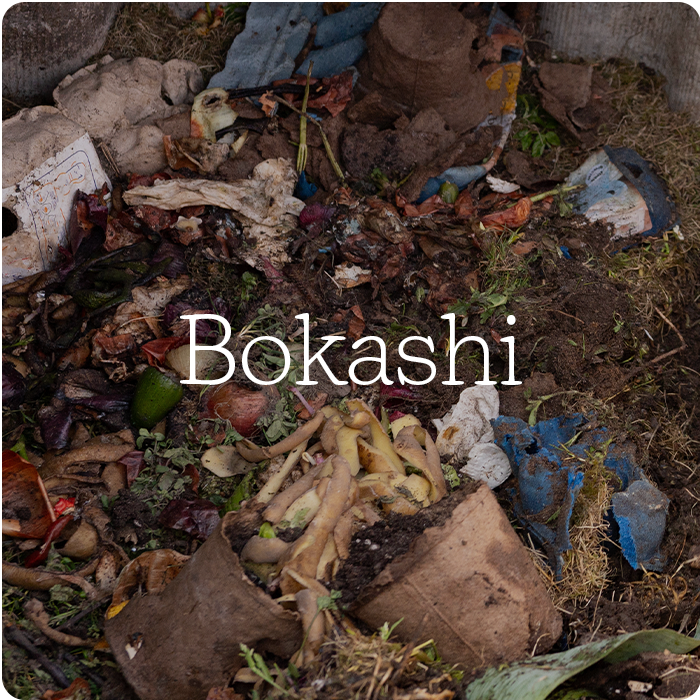
- Bokashi – A fermentation method that uses a specialized bran to “pickle” food waste in an airtight container.
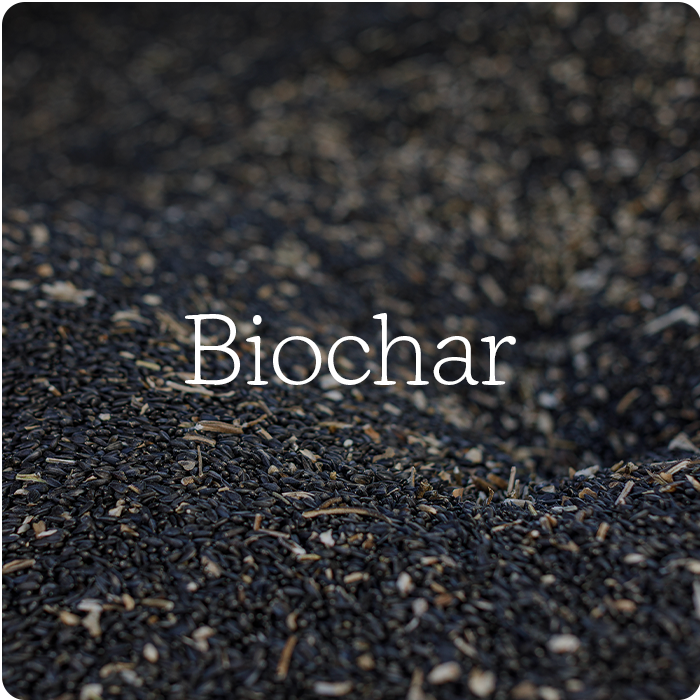
- Biochar – A carbon-rich material created by heating organic waste in low-oxygen conditions.
The key difference between compost and its alternatives is how the transformation happens. While composting is aerobic (needs oxygen), many alternatives use heat, fermentation, or mechanical processes and don’t require a pile in your backyard.
Why Would a Homeowner Need a Compost Bin Alternatives?
Not Enough Space for Traditional Composters
Composting often requires outdoor space and not everyone has a backyard. If you live in an apartment, condo, townhouse, or even just a home with a small yard, setting up a compost pile or bin can be tough (and sometimes impossible).
In fact, over one-third of Canadian households live in multi-unit buildings with limited or no outdoor space. Similarly, in the US, 15% of all households live in apartments, according to the Urban Land Institute. Many of these apartments are in dense urban areas, which often lack significant outdoor space.
That’s where compost bin alternatives like the FoodCycler come in. They’re compact; electric appliances designed for indoor use i.e. no yard needed. You can keep one right in your kitchen and manage food waste without stepping outside.
Less Maintenance required for Electric Food Waste Recycling Machines
Let’s be honest: traditional composting can be a bit of a chore. It takes time and attention to manage the balance of materials, moisture, and airflow. You must regularly “turn” the pile to keep it aerated and prevent unpleasant smells or mold.
For busy households, it’s just not always realistic.
Electric food waste recyclers like the FoodCycler simplify the process. There’s no turning, no guessing and no odors. Just load your scraps, press a button, and let the machine do the work. The result is a dry, shelf-stable soil amendment that’s ready when you are.
It’s an effortless alternative to composting.
Food Waste Recycling Machines Can Be Used Throughout the Year
Cold climates can put composting on hold. When winter rolls in, compost piles slow down or stop completely because the microbes that drive decomposition need warmth to do their job.
For several months a year, your outdoor pile might be frozen solid, or just not breaking down material efficiently.
Electric food waste recyclers don’t have that problem. Because they’re used indoors, they work just as well in January as they do in July. That means you can keep recycling food scraps through the winter and build up a supply of soil amendment to use come spring.
How FoodCycler Is an Effective Compost Bin Alternative
If you’re looking for a compost alternative that’s clean, compact, and convenient, the FoodCycler might be just what your kitchen (and garden) needs.
Unlike traditional compost bins, the FoodCycler doesn’t require outdoor space, manual turning, or months of waiting. It’s compact, so it fits right on your countertop or in a cupboard; and with the press of a button, it transforms everyday food scraps into a nutrient-rich soil amendment in just a few hours.
Here’s why homeowners love it:
- Use it 365 days a year: no matter the season or climate.
- No odors, no pests: its sealed system keeps smells in and critters out.
- No mess, no hassle: simple operation, easy cleanup.
- Real results: the by-product has been studied and shown to benefit plant growth when properly integrated into soil.
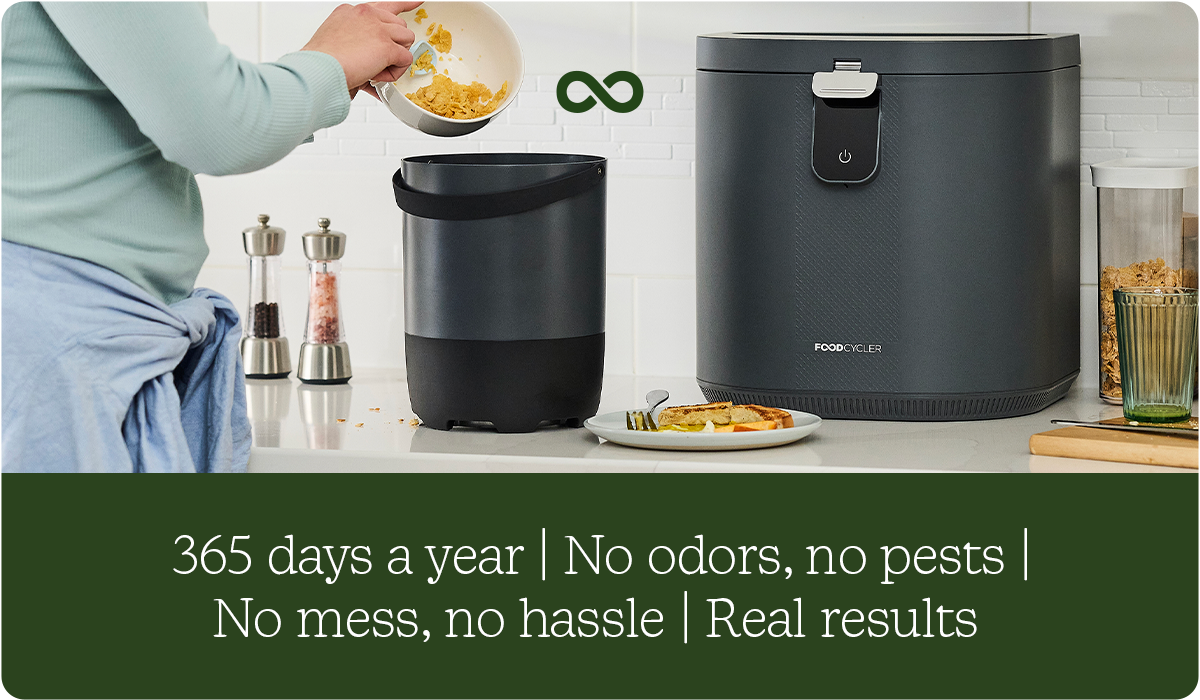
Whether you're new to composting or just looking for a more practical way to handle your food waste, FoodCycler is a powerful step toward reducing landfill contributions and nurturing your garden, without the mess or maintenance of traditional composting.
Conclusion
Composting is a fantastic way to reduce food waste, but it’s not the only way. For many homeowners, traditional compost bins come with barriers: pests, bad smells, outdoor space requirements, or too much upkeep.
That’s why compost bin alternatives like the FoodCycler are gaining traction. They make food waste recycling accessible, clean, and practical whether you live in a suburban home or a downtown condo.
By turning everyday scraps into useful soil amendments, these systems help you cut waste, enrich your garden, and shrink your environmental footprint. It’s all about finding a method that works for your lifestyle, without compromising on sustainability.
Because when it comes to food waste, every little bit makes a big difference.
